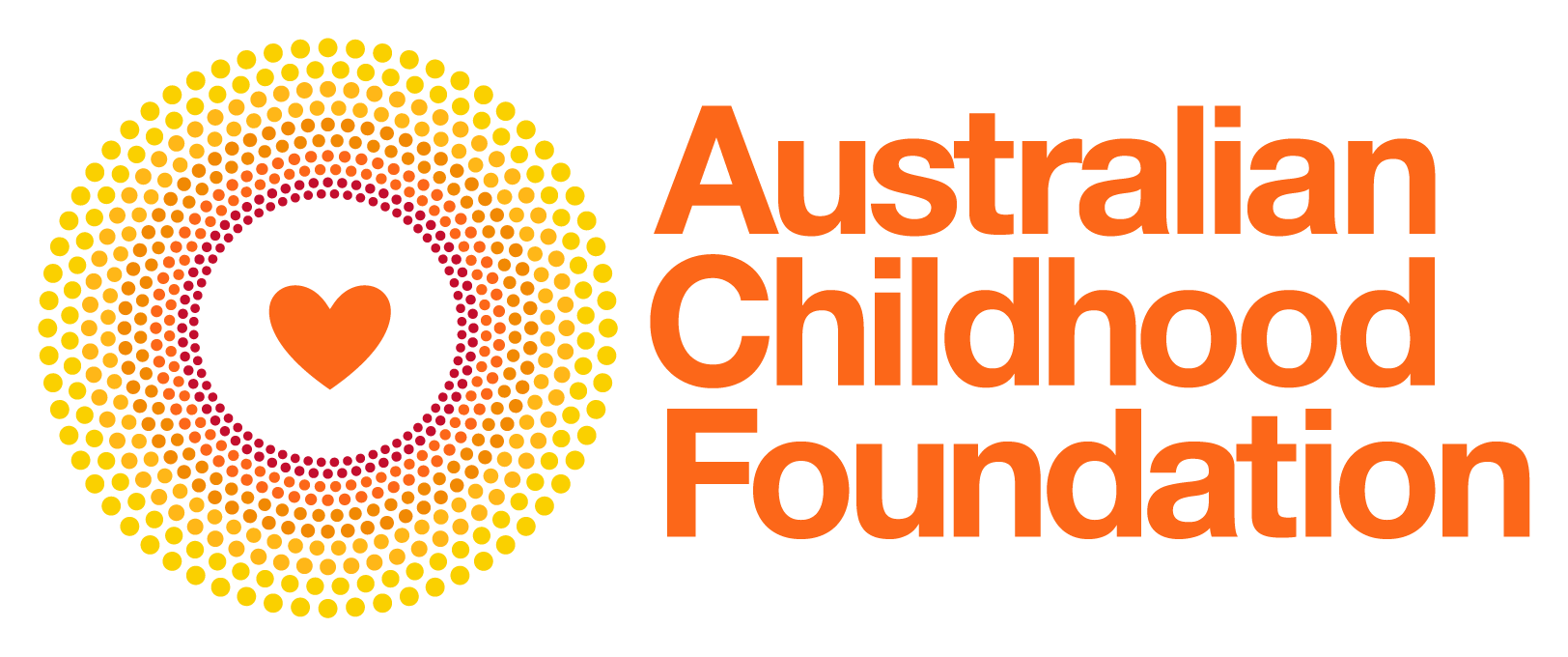The impact
on children
Child abuse is one of the darkest stories on the planet. The lack of love and trauma caused by abuse can be devastating to a child’s emotional & physical development. Learn about the impact of child abuse on children.
Our Impact
for Children
Out of the darkness we find stories of love, healing, resilience and restoration. Our work has a direct impact on restoring a childhood full of hope, dreams imagination and love. Learn about our impact for children.
The impact of
trauma on children
The effects of abuse and family violence can be so encompassing that children’s development slows down. They often experience problems with learning new things, coping with new people or new situations. The memories of abuse are pronounced and ever-present. The world is experienced as dangerous for abused children and even the tiniest reminders can cause them to relive their terror. They constantly scan their environment for new threats. It is very difficult for abused children to be open to learning new things. They often struggle to concentrate at school. It is the beginning of a cycle in which they stop doing well academically and sometimes stop attending altogether.
68%
of abused children referred to the Foundation are at least two years behind academically
Our impact for
children
When school staff are supported by the Foundation to understand how violence and fear impact children’s capacity to feel safe, and to develop strategies that help children feel calm and connected, children begin to engage in their learning and their school.
By raising funds, donating or registering your interest to become a Defender, you will help us to help abused children to heal, and to keep children safe.
77%
of children catch up to their age-appropriate academic level as a result of their involvement with the Foundation
The impact of
trauma on children
Violation and the absence of love and care leave children believing the world is unsafe, that adults cannot be trusted, and that good things don’t happen to them. Much of their behaviour, which is often viewed as naughty or disruptive, is about what they needed to do to survive their abuse. Children don’t automatically feel safe as soon as the abuse has stopped and they will often continue to employ their survival strategies – which can be bewildering and overwhelming for their foster carers.
56%
of children in foster care experience more than three destabilising placement breakdowns because of their challenging behaviours in the 12 months leading up to their involvement with the Foundation.
Our impact for
children
When foster carers are supported to understand what has happened to the children they care for and how to make sense of what their behaviours are really expressing, they are able to respond to their needs for healing with confidence and love. It’s through destructive relationships that children are hurt and harmed, and through connected, safe and trusting relationships that children begin to recover.
88%
of children do not experience further foster care placement breakdowns after coming to the Foundation
The impact of
trauma on children
For children who have endured abuse, neglect or family violence, relationships are painful, so they often shut down. Without the warmth and certainty of love, children give up on relationships. They hide. They despair, they often reject those who try to reach out to them. They are often told the abuse is their fault and they are unlovable, so they are isolated by their feelings of shame and worthlessness. Of the children being supported by the Foundation, 42% have major difficulties making and keeping friends. Over 10% cannot identify a friend. 48% have been bullied.
Learn more from the
children themselves…
Our impact for
children
Holding children in strong, supportive relationships helps them gradually come to trust that connection with caring people is a source of nurturing, care and comfort, not hurt and betrayal. In counselling, we support children to understand the abuse was not their fault and they are worthy of love. Our Professional Education and Therapeutic Care teams help create around children a network of adults who understand their complex needs and can confidently act to meet them. 64% of children successfully engage in a social group or sport for the first time as a result of the Foundation’s intervention
